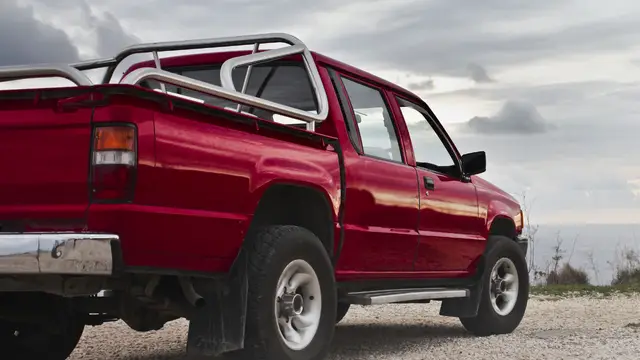The ATO has finalized a guideline concerning the “minor, infrequent, and irregular” use of motor vehicles that are exempt from Fringe Benefit Tax (FBT). There are several notable changes from the draft guideline previously released by the ATO.
Businesses that provide their employees and directors with utes, vans, and similar exempt vehicles may be affected by these updates.
This guideline allows employers to claim an exemption from FBT for the following situations:
• A current employee is provided with an eligible vehicle and,
• Vehicles are provided to employees for use in the performance of their duties in the workplace and
• It was purchased with a GST-exclusive value that was less than the tax depreciation limit for cars ($64,741 for 2022/23) and
• There is no salary packaging arrangement providing the employee with a vehicle, and the employee is not entitled to receive additional remuneration in exchange for using the vehicle and
• In order to ensure that the vehicle is only used in accordance with the rules outlined in subparagraphs (f) and (g), the employer has in place a policy that limits private use of the vehicle and
• Employees use the vehicle to commute between their residences and their workplaces, and any diversion does not exceed two kilometres from the regular route and
• Employees must not use the vehicle for private travel (other than when traveling between home and work)
o Must not have private travel total distance in any FBT year of over 1,000 klms, (the draft guideline called for 750 klms.)
o Must not travel for any one private trip with a return distance of over 200 klm.
When employers choose to use the guidelines:-
- It is not necessary for the company to maintain records of the private use of the vehicle for its employees as long as the private use is infrequent, infrequent, and irregular.
- Compliance resources will not be allocated to determine whether the employer is entitled to the car-related exemption for the employee.
Employers are responsible for ensuring that the vehicle continues to meet the requirements of the guideline each year in which it is provided.
The FBT year is already well underway, and it is recommended that you review your policies in order to ensure that you are eligible to claim this FBT concession.





